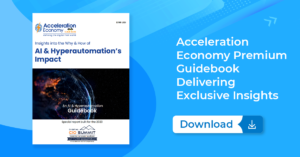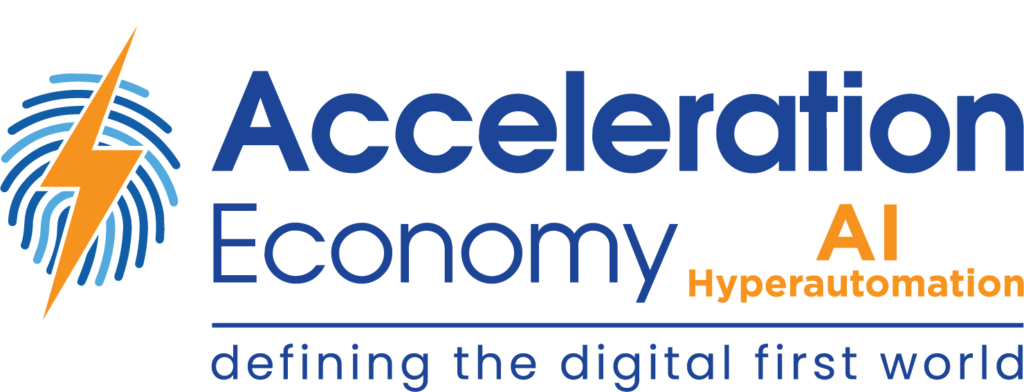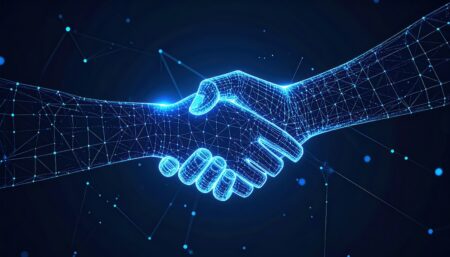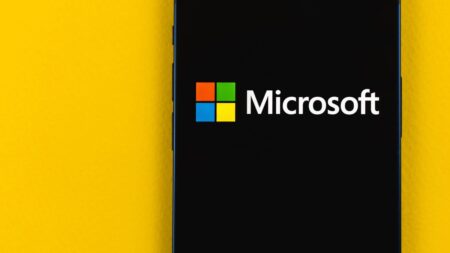In episode 87 of the AI/Hyperautomation Minute, Toni Witt evaluates advancements in generative artificial intelligence (AI) as Microsoft launched its AI-powered Bing search engine.
This episode is sponsored by Acceleration Economy’s Digital CIO Summit, taking place April 4-6. Register for the free event here. Tune in to the event to hear from CIO practitioners discuss their modernization and growth strategies.
Highlights
00:29 — Toni considers the AI-powered Bing from the perspective of his generation. He states it’s “just touching the beginnings of a trend that’s only going to unfold in the years to come.” This involves changing how we think about information itself.
01:03 — Up to this point, information and content on the internet are static; it’s a one-way conversation between the person who created the content and the person consuming it. It’s been a “one-size-fits-all,” Toni explains. He uses a blog post as an example — once it was created, it will be the same for everyone who reads it, regardless of their background knowledge or preferences for text, audio, and visual elements. Everyone who reads the blog post “will derive different value” from it — that’s where the power of AI comes in.
01:43 — AI-powered search engines can mold information around consumers’ specific wants and needs. This is a paradigm shift in how we engage with information. However, Toni suggests that we haven’t “quite discovered the true extent of that shift.”
02:01 — Currently, chat tools can only chat with text. Toni looks forward to when search engines and interactions can fuse various media types to produce queries and more unique responses.
02:32 — Additionally, Toni reports his excitement for when search engines adapt the way they present information and the level of detail or complexity in that information, depending on your current understanding. Then, information will be optimized for the specific understanding and way of learning of each individual.
02:50 — Toni compares the difference between these next-gen AI-powered search engines with the current Google search engine capabilities as the difference between a math lecture in a university with a private tutor. “Like a math lecture, everybody gets the same thing…but with a private tutor, they can cater specifically to your needs and to your level of understanding.”
03:17 — This is where Bing has taken the leap forward. Toni credits generative AI with making these concepts a reality, as AI quickly produces all forms of media, content types, and underlying concepts. It’s changing how we learn, consume, and communicate.
Looking for real-world insights into artificial intelligence and hyperautomation? Subscribe to the AI and Hyperautomation channel:












